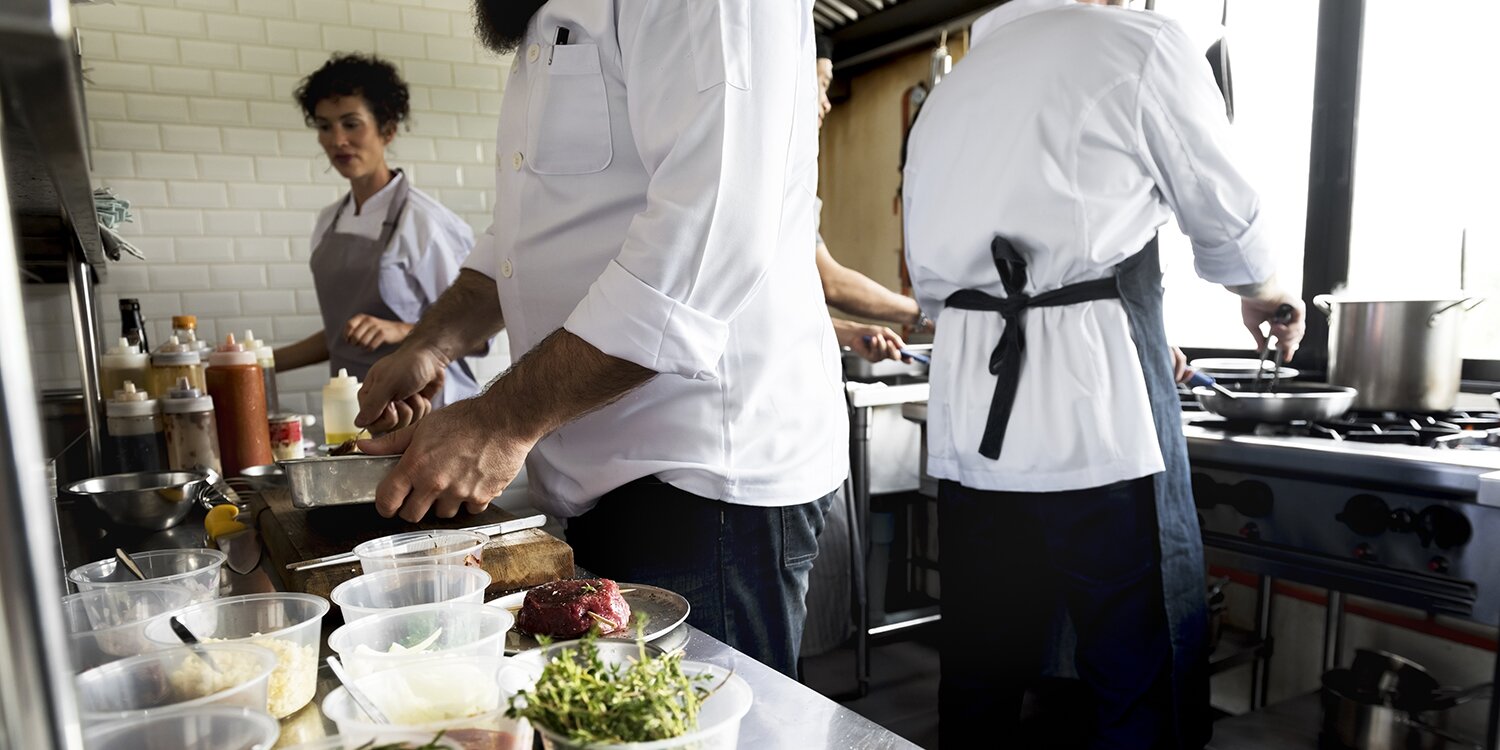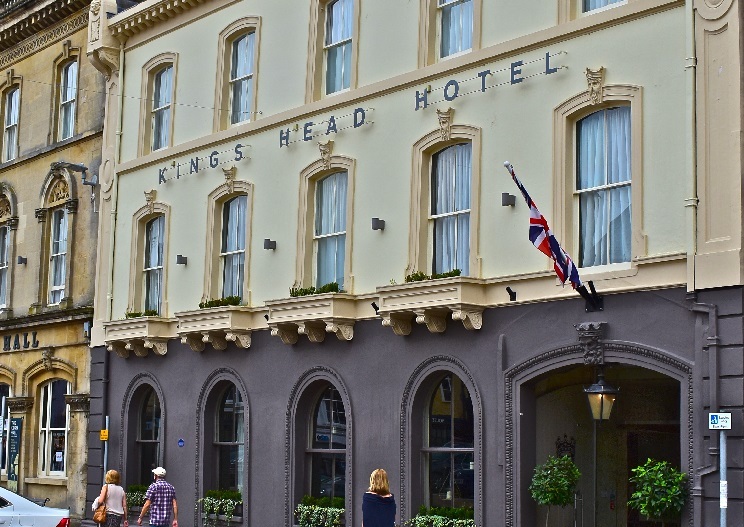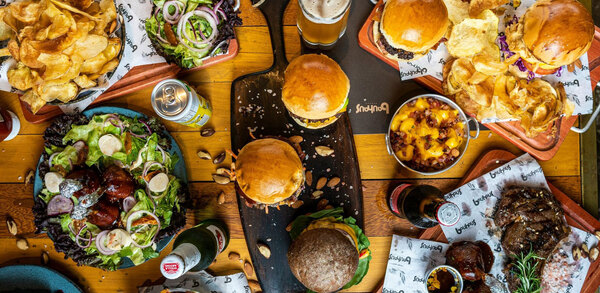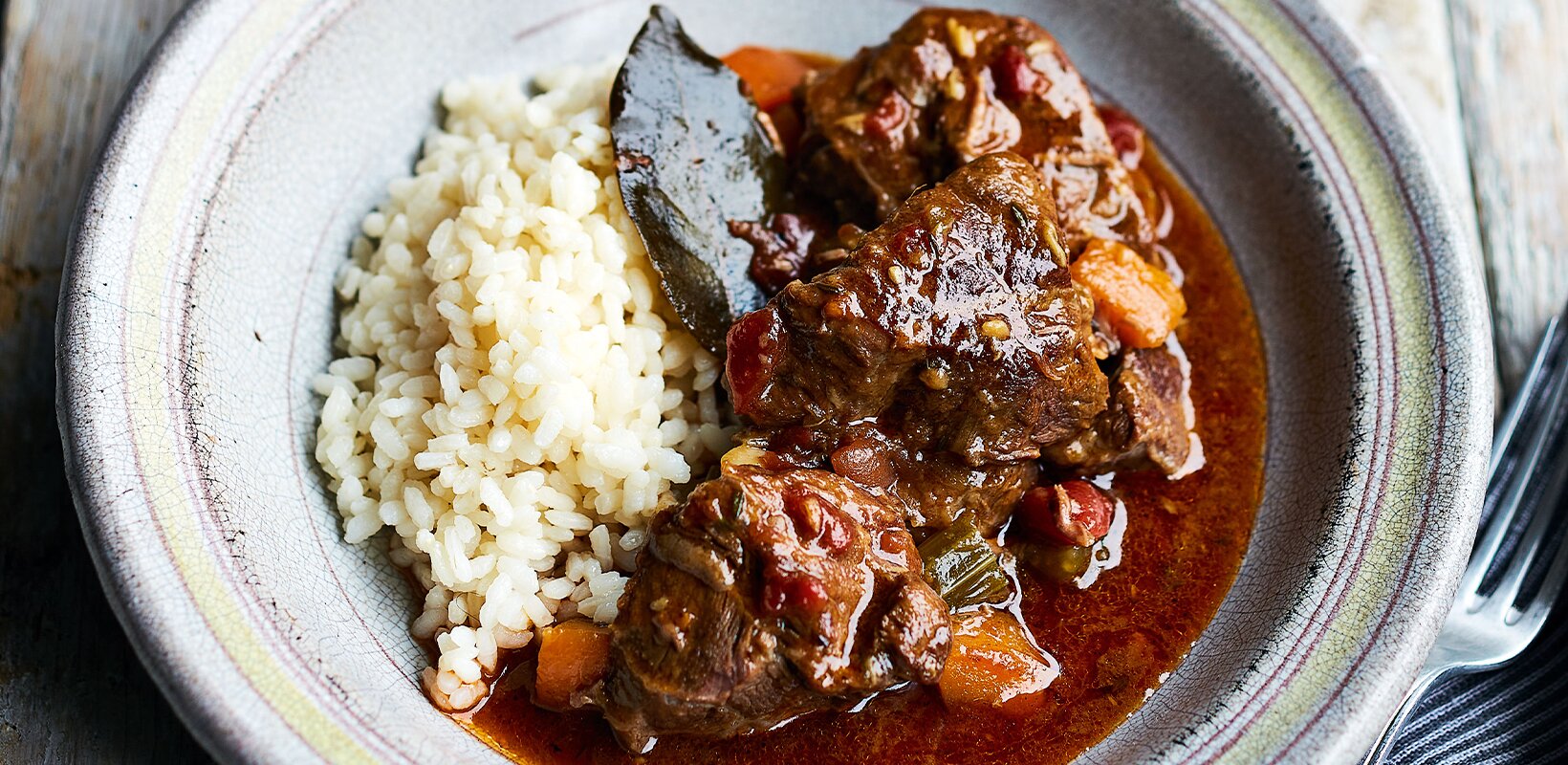How to hire skilled workers from overseas
It is possible to employ staff under a skilled worker sponsor licence, if you have the funds to do so, say Robert Houchill and Eimear Sloan
With staff shortages crippling the hospitality sector, the reality for many businesses is that overseas labour is essential. Understandably, there is a growing voice that a special hospitality visa scheme should be introduced to help ease the pressure; however, with net migration being at a record high, regrettably this might be some way off.
What can be done under the current immigration system?
Despite popular misconceptions, it is possible for hospitality businesses to obtain work visas for individuals to come to the UK under the current immigration system. The company must first acquire a skilled worker sponsor licence from UK Visas & Immigration (UKVI), which means providing a cocktail of documents from a list accepted by UKVI along with a variety of information about the business and who it wishes to sponsor. There is also a considerable cost involved.
Can all jobs be sponsored?
Not all roles can be sponsored; bar managers and chefs can potentially be sponsored, whereas waiters and kitchen porters cannot. The sticking point for some roles is the skill level requirement: only certain roles that meet a minimum skill level can be sponsored and not so called ‘lower-skilled’ roles. A minimum salary requirement must also be met.
What has been UKVI’s stance on the hospitality sector?
Traditionally, the hospitality sector has been given a raw deal by UKVI; nevertheless, we have recently observed a notable shift in the approach taken by UKVI to be more accommodating of hospitality companies applying for sponsor licences. Whereas previously selecting your sector as “hospitality” on a sponsor licence application would have invariably resulted in your application being scrutinised intensely – possibly with a pre-licence compliance visit – this now appears to happen less frequently. Provided a hospitality company has an established presence in the market and can satisfy the evidential requirements, obtaining a sponsor licence appears to be more accessible.
Of late we have had successes obtaining sponsor licences not only for high-end London restaurants but also for smaller venues, including local pubs and food trucks.
The drawbacks
Nevertheless, the current immigration system has some glaring shortcomings. Firstly, the English language requirement for skilled worker visas is sometimes frustrating. An applicant must prove their ability to read, write, listen and speak English to intermediate level, regardless of whether these capabilities are a necessity for their proposed role. Satisfying the English language requirement must be done in a specific way accepted by UKVI. For nationals of a non-majority English speaking country, this will normally involve passing a UKVI-approved English language test.
Secondly, despite the potentially more accommodating approach from UKVI, obtaining a sponsor licence is still a time-consuming and costly endeavour. The processing time for a sponsor licence application using the standard service is around eight weeks (although a 10-day priority service can be used for an additional £500). UKVI’s sponsor licence application fee is £536 for small companies and £1,476 for large ones.
Lastly, the additional expenses of sponsoring workers can be painful for many businesses to swallow. The long-list of disbursements for skilled worker applications includes:
- an application fee (£625 for a three-year visa);
- immigration skills charge (either £364 or £1,000 per year of the visa, depending upon whether the sponsor is a large or small
- sponsor);
- immigration health surcharge (£624 per year of the visa); and
- A certificate of sponsorship fee (£199).
All-in-all, excluding dependants, the government fees for a three-year skilled worker visa is approximately £3,700 for small sponsors. But for many restaurants, pubs and clubs, the ability to recruit foreign workers is now a do-or-die situation.
Robert Houchill is a senior associate, and Eimear Sloan is a senior paralegal from the immigration team at Kingsley Napley LLP



















